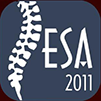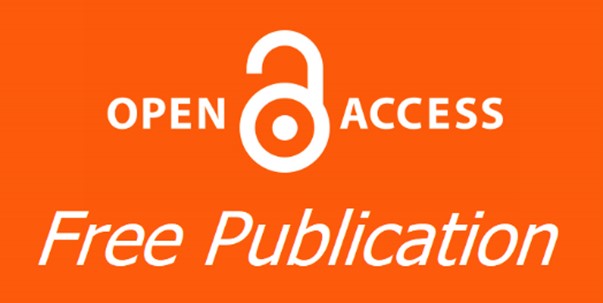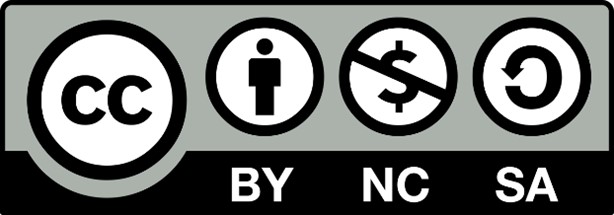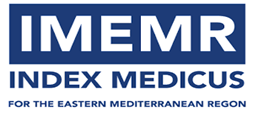Subject Area
Degenerative
Article Type
Clinical Study
Abstract
Background Data: Minimally invasive fenestration has evolved recently to become the modern standard surgical solution for degenerative lumbar spinal canal stenosis (DLCS).Purpose: To investigate the safety and the efficacy of the endoscopic fenestration for patients with monosegmental degenerative lumbar spinal canal stenosis.Study Design: Prospective clinical cohort study.Patients and Methods: Thirty-five consecutive patients with DLCS were treated with endoscopic fenestration. Patients were treated with METRx system (Medtronic Sofamor Danek, Inc., Memphis, TN, USA), at Orthopedic Department, Zagazig University, between May 2012 and June 2015. Primary outcomes parameters included Numerical Rating Scale (NRS) for back and leg symptoms and Oswestry Disability Index (ODI) to quantify pain and disability, respectively. Secondary outcomes parameters included operative time, blood loss, preoperative and 3-month postoperative lumbar dynamic radiographs, and modified McNab criteria. Only patients who completed 36 months of follow-up were included in the final analysis of this study. Follow-up data were obtained from outpatient clinic follow-up visits by two independent physicians.Results: At the final follow-up, the improvement in claudicant leg pain and disability was statistically significant, and the endoscopic fenestration procedure did not affect the stability of the motion segment. The total success rate according to McNab criteria was 85.7% (30/35), fair 5.7% (2/35), and poor 8.6% (3/35). The mean NRS leg score significantly decreased from 7.3±1.5 preoperatively to 0.8±0.67 (P=0.001) postoperatively. The mean ODI score significantly decreased from 72.34±4.6 % preoperatively to 13.71±3.46 % postoperatively. There were no reported serious complications in any of our patients’ study.Conclusion: Endoscopic fenestration is a safe and effective technique in patients with degenerative lumbar stenosis. It allows adequate decompression of the neural elements and preserves spinal stability. (2018ESJ145)
Keywords
Endoscopic, Fenestration, Lumbar canal stenosis, degenerative spine
How to Cite This Article
Hussein, Mohamed; Eladawy, Amr; and El-Hewala, Tarek
(2019)
"Endoscopic Fenestration in Management of Monosegmental Degenerative Lumbar Spinal Canal Stenosis: A Clinical Cohort Study,"
Advanced Spine Journal: Vol. 29
:
Iss.
1
, Article 4.
Available at: https://doi.org/10.21608/esj.2019.4534.1053




















